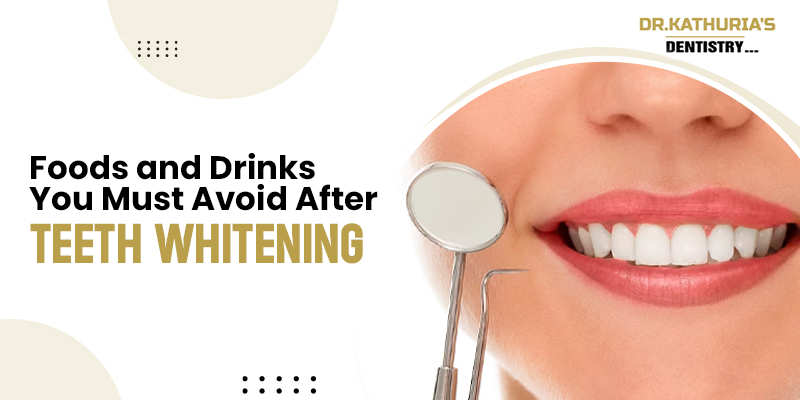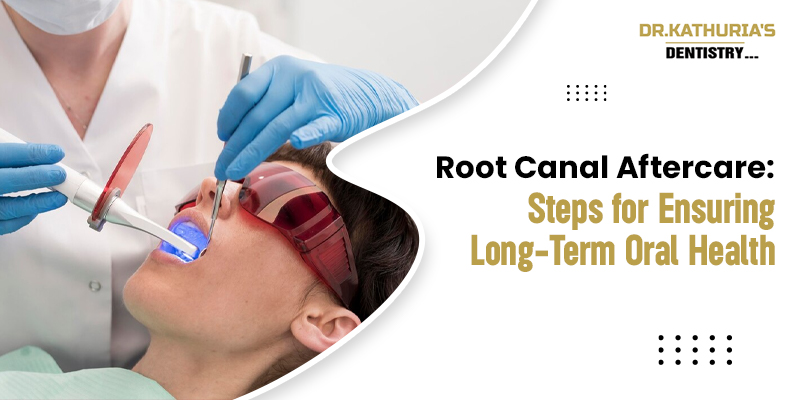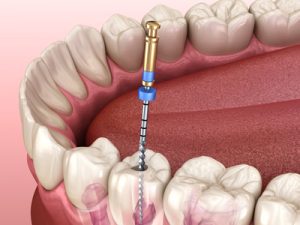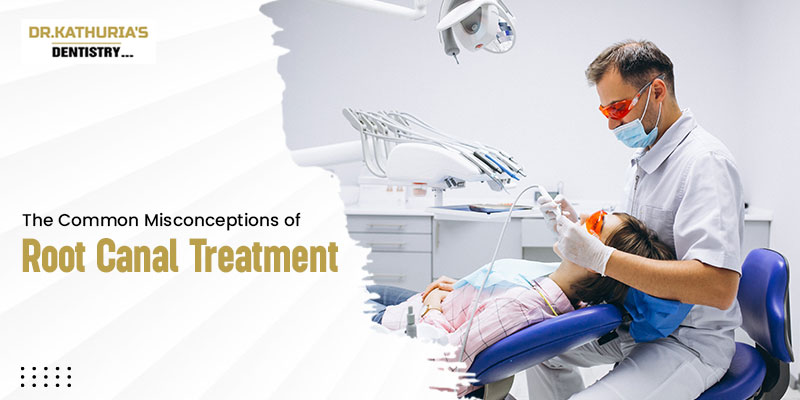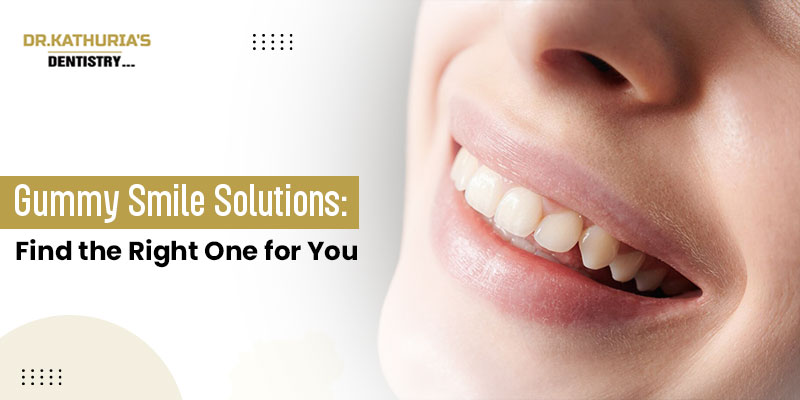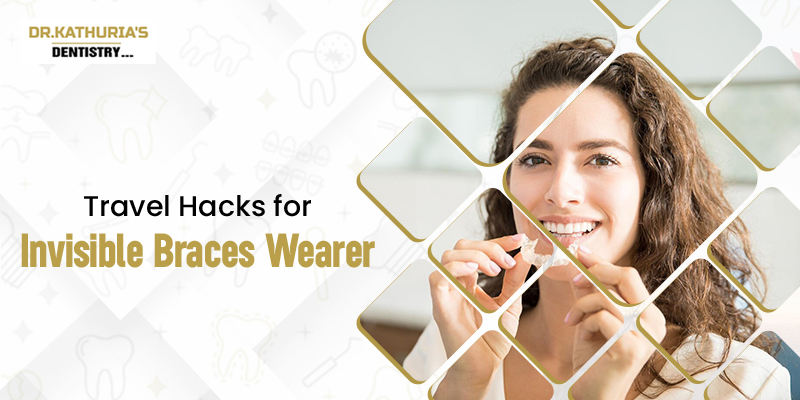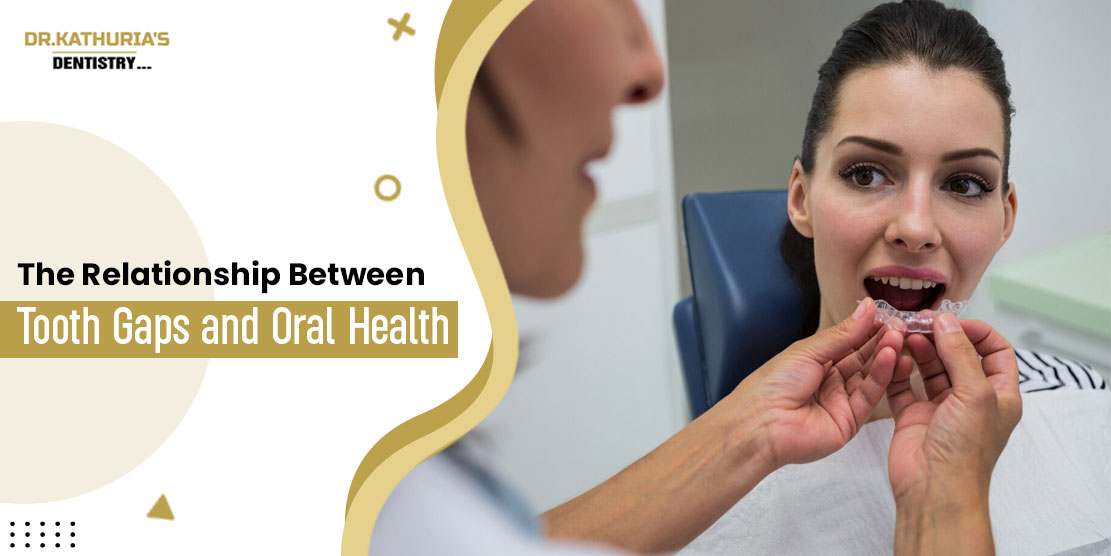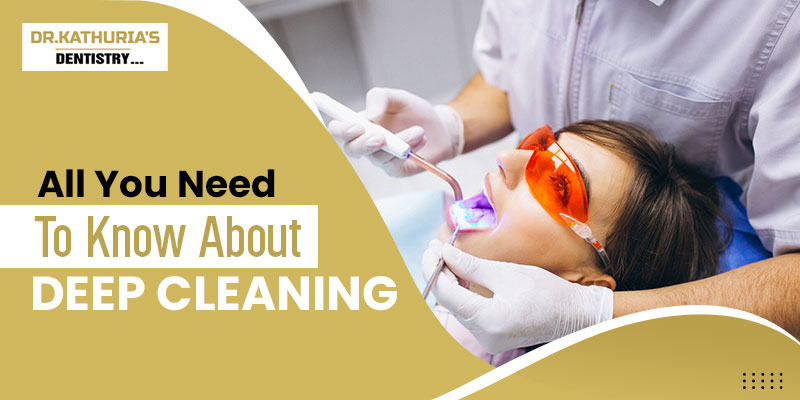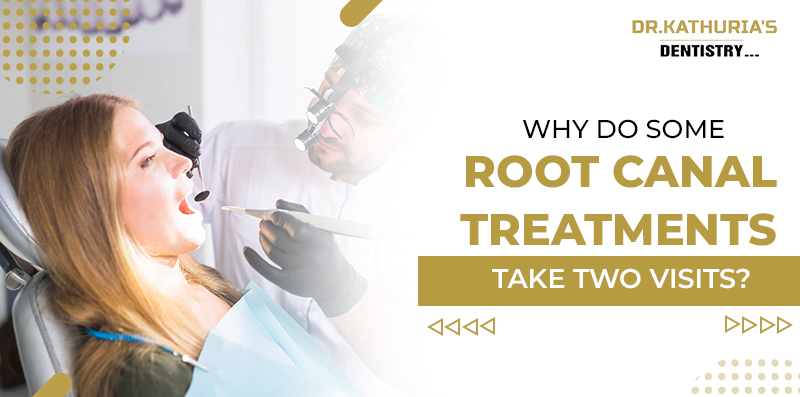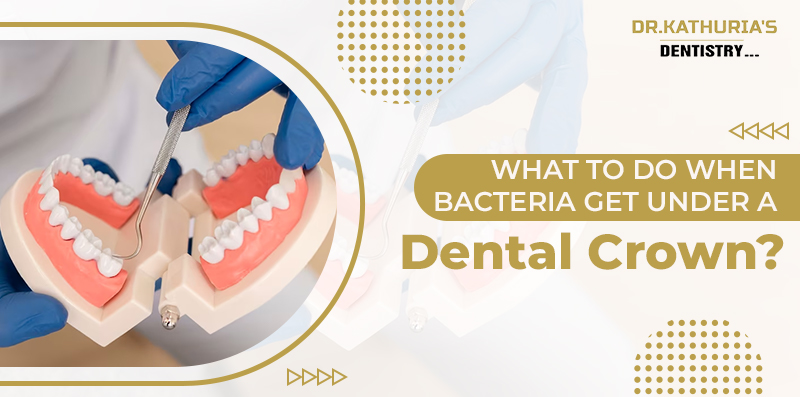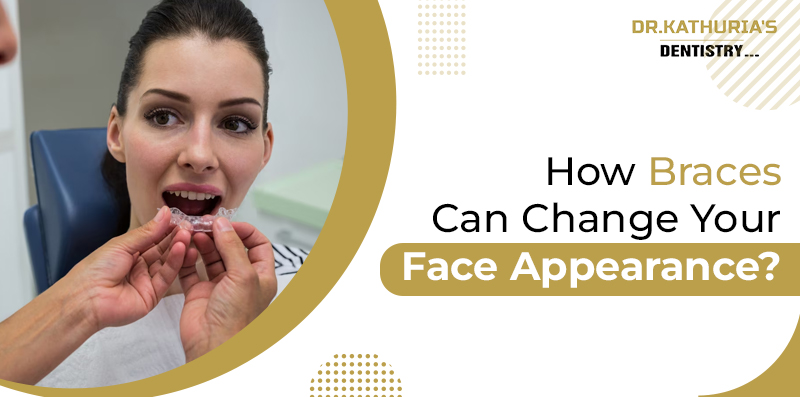Nowadays, getting a brighter smile and increasing your self-confidence can be achieved with teeth whitening procedures, a popular choice. You can even get the results you want faster with take-home tray systems or in-office professional whitening.
However, there are things you’ll need to do to ensure that your teeth stay white. Once you’ve got a teeth whitening treatment from the best clinic for teeth whitening in South Delhi, you’ll have to be extra cautious with the food you indulge in.
Your teeth become somewhat more porous as a result of the whitening procedure, which also momentarily damages the dentin layer underneath. Because of this, new stains and discolorations may appear on those sensitive teeth when dyes and pigments from particular foods and drinks come into contact with them.
For the first 48 hours following treatments, avoid the following six foods and drinks to prevent this from happening.
Coffee and Tea
Tannins are a chemical found in both tea and coffee. These tannins have a severe darkening effect on teeth when they accumulate. Following a professional whitening procedure, your teeth become more porous, which means that these tannins can discolour your teeth more quickly.
White and Red Wines
Wines have the potential to damage enamel and tooth colour. Red wine, in particular, with its high acidity and black pigment, can erode or stain. Even though it’s less strong, white wine might damage your freshly whitened teeth by weakening the enamel even more.
Soft Drinks
Soft drinks may be best to avoid it if it fizzles. Carbonated beverages have a lot of sugar and acid, which can erode dental enamel. Colas with a dark colour can also cause surface stains. Even if you’re not on the White Diet, you may still have healthier, whiter teeth by avoiding soft drinks.
Chocolate and Candies
Refined sweets can cause discolouration, erosion, and damage, particularly if your teeth are still sensitive after teeth whitening. After your surgery, make sure you stay away from chocolate and artificially coloured candy.
Dark Fruits or Vegetables
Richly saturated with colours that can discolour teeth are dark fruits and vegetables. This is why you should stay away from foods like blackberries, blueberries, cherries, grapes, pomegranates, carrots, purple cabbage, beets, and dark, leafy greens like spinach after having teeth whitening therapy.
Sweet Treats
Treats like cakes, cookies, candies, chocolate, ice cream, and other confections with refined sugars can exacerbate cavities, erosion of the enamel, discolouration, and tooth decay—especially if your teeth are still sensitive after teeth whitening.
Explore Your Teeth Whitening Options at Dr. Kathuria’s Dentistry
There are a lot of solutions available nowadays for teeth whitening when it comes to keeping a bright and confident smile. At Dr. Kathuria’s Dentistry, we are a team of experts dedicated to providing cutting-edge dental care and instant teeth whitening in South Delhi. With our state-of-the-art technology and professional expertise, we ensure a safe and effective whitening process tailored to your unique needs. Schedule an appointment with us to get your treatment started today.
 Australia No
Australia No Canada No
Canada No India Toll Free No
India Toll Free No UK No
UK No USA No
USA No






